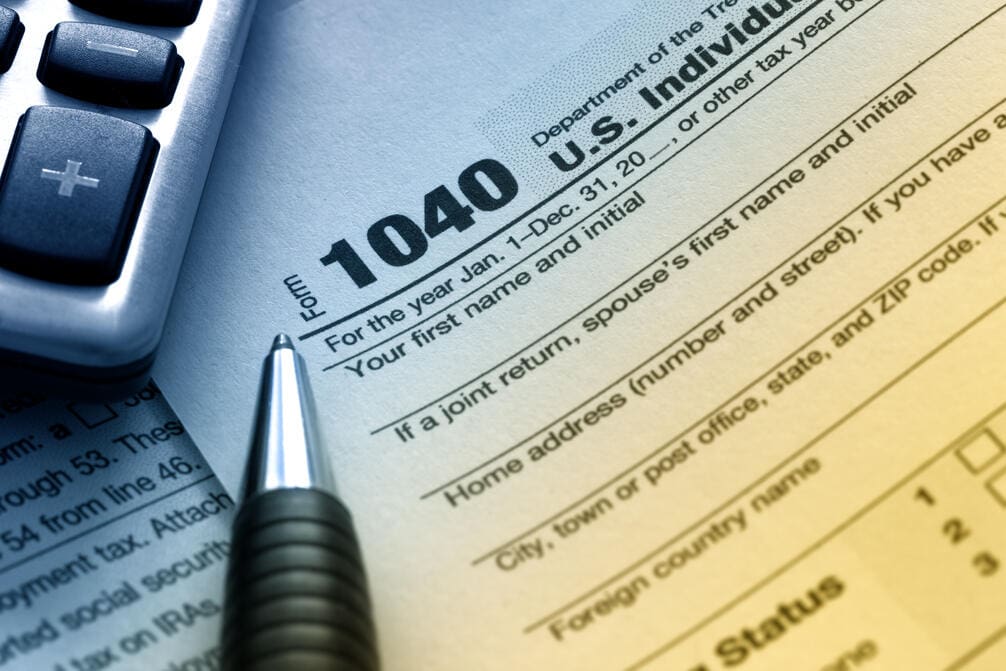Imagine navigating the labyrinth of tax laws, forms swirling around you like leaves in a storm, until you finally reach the calm at the center: your tax preparer’s desk. You’ve relied on their expertise to not only ensure compliance but to secure every deduction and credit you’re entitled to.
While tipping your tax preparer isn’t as customary as it is for your barista or hairstylist, you might wonder if there’s a way to show appreciation beyond a simple ‘thank you.’ The norm in this profession might surprise you, inviting a closer look into the nuances that dictate when, or indeed if, a monetary gesture is appropriate.
Key Takeaways
- Tipping tax preparers is not customary or expected in the industry.
- Professional ethics and norms discourage tipping to maintain impartiality and professionalism.
- Showing appreciation through referrals and positive feedback is more valued than monetary tips.
- If inclined to show gratitude, consider non-monetary gestures or asking about preferred ways to express thanks.
Is Tipping a Tax Preparer Expected?
You might wonder if tipping your tax preparer is the norm, but it’s generally not expected in the tax industry. Unlike servers or baristas, tax preparers don’t work for tips. They’re professionals who charge fees based on their expertise and the services they provide. It’s a common misconception that showing appreciation through a monetary tip is the way to go after your taxes are done. However, the reality is quite different.
The professional ethics within the tax industry actively discourage tipping. This is because tax preparers, accountants, and other tax professionals aim to maintain a certain level of professionalism and impartiality. Accepting tips could potentially blur the lines of their professional conduct. Instead of tipping, they’re more likely to value referrals to new clients or positive feedback about their services. Such gestures are seen as more appropriate and beneficial in the long run.
How Much to Tip a Tax Preparer?
Despite the general consensus against it, if you still feel inclined to tip your tax preparer, it’s important to understand there’s no set amount for such a gesture. Tipping tax preparers isn’t a norm in the accounting industry due to professional ethics and established industry practices. Unlike service industries like restaurants or hotels, where tipping is almost mandatory, the accounting sector doesn’t expect such gratuities.
Clients often express their gratitude towards tax preparers through referrals or positive feedback, which are highly valued. Building a strong relationship with your tax preparer and recognizing their effort and expertise can be more impactful than a monetary tip. If you’re exceptionally pleased with the service received and wish to go beyond the norm, consider how the gesture might be received, keeping in mind the professional environment.
How Much to Tip a Tax Preparer During the Holidays?
While tipping your tax preparer during the holidays isn’t standard practice, it’s essential to understand the professional norms and expectations in this context. In the U.S., it’s not common to tip tax preparers. This is partly because professional ethics often discourage tipping in this profession. Unlike some service providers, tax preparers typically charge a fee for their services, meaning their compensation doesn’t rely on tips.
Building a strong client relationship is more valued in the world of tax preparation than tipping. If you’re considering showing appreciation to your tax preparer during the holiday season, think beyond the traditional tip. Tax preparers appreciate referrals or positive feedback much more. These gestures not only demonstrate your gratitude but also support their business in a meaningful way.









